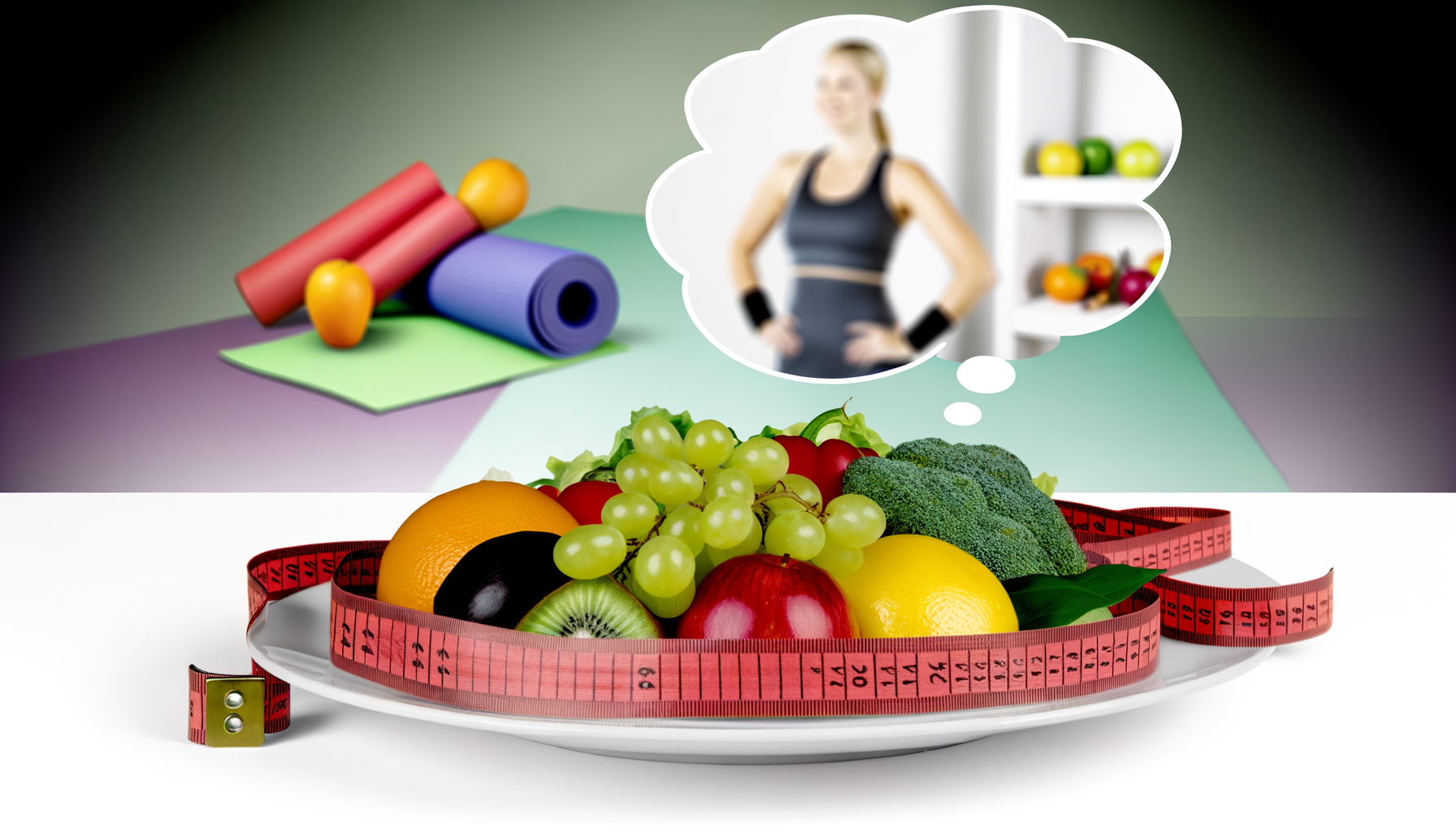Understanding Endometriosis and the Impact of Nutrition
Endometriosis is a chronic and often debilitating condition affecting millions of women worldwide. It is characterized by the growth of tissue similar to the uterine lining outside the uterus, leading to symptoms such as severe pain, nausea, fatigue, and heavy periods. While medical treatments are available, lifestyle modifications, particularly dietary changes, can significantly alleviate these symptoms.
The Role of Diet in Managing Endometriosis
Diet plays a crucial role in managing endometriosis symptoms by influencing estrogen levels and inflammation, two key factors in the condition’s pathophysiology.
### Foods to Include
#### Fiber
Fiber is essential for maintaining healthy estrogen levels. It helps the body eliminate excess estrogen through bowel movements, thereby reducing symptoms like pain and cramping. Increase your fiber intake by consuming whole grains (such as whole-wheat bread and brown rice), fruits, vegetables, and legumes like beans and chickpeas. However, it is important to increase fiber intake gradually to avoid gastrointestinal issues like gas and bloating.
#### Good Fats
Omega-3 fatty acids are known for their anti-inflammatory properties, which can help reduce the inflammation associated with endometriosis. Foods rich in omega-3s include fatty fish like salmon and tuna, nuts and seeds, and plant oils such as canola and flaxseed oil. Monounsaturated fats found in avocados, peanut butter, olive oil, and safflower oil also have anti-inflammatory effects.
#### Minerals
Magnesium and zinc are vital minerals for women with endometriosis. Magnesium helps ease menstrual cramps and is found in leafy green vegetables, legumes, nuts, seeds, and dark chocolate. Zinc regulates menstrual cycles and is abundant in chicken, turkey, shellfish, and red meat. For those on a vegetarian or vegan diet, consulting a doctor about zinc supplements is advisable.
Foods to Avoid
Certain foods can exacerbate endometriosis symptoms by increasing inflammation and estrogen levels.
#### Processed Foods
Processed foods often contain ingredients that increase inflammation, making symptoms worse. Limiting or avoiding these foods can help manage the condition.
#### Alcohol and Caffeine
Alcohol and caffeine should be consumed in moderation. Limit alcohol to two drinks per week and caffeine to 400 milligrams per day (approximately four cups of coffee).
#### High Sugar Content Drinks
Drinks with high sugar content, such as sodas, fruit juices, and energy drinks, increase inflammation and should be limited to 26 grams of sugar per day.
#### Fatty Meats
While some red meat can be beneficial, it is important to keep saturated fat intake below 10% of daily calories. High consumption of red meat is associated with a greater risk of developing endometriosis.
Special Diets and Considerations
### Gluten-Free and Dairy-Free Diets
Some women find relief from symptoms by adopting a gluten-free or dairy-free diet. These diets can be particularly helpful if other dietary changes are not sufficient. It is recommended to try these diets for at least a month before reintroducing gluten or dairy to assess any changes in symptoms.
### Low-FODMAP Diet
The low-FODMAP diet, designed for individuals with irritable bowel syndrome (IBS), can also benefit women with endometriosis. This diet helps identify and avoid foods that trigger symptoms, which can be particularly useful given the high incidence of IBS in women with endometriosis.
### Fasting
Fasting, when done strategically, can help reduce symptomatic flares by increasing hormonal modulation, reducing inflammation, and enhancing stress resistance. However, there is currently limited research on the specific role of fasting in managing endometriosis, and it should be approached under medical guidance.
Calorie Awareness and Nutritional Balance
While the focus is often on specific foods to eat or avoid, overall calorie awareness and nutritional balance are crucial. Using tools like the Calorie Calculator Cloud can help you monitor and manage your calorie intake, ensuring you are getting the necessary nutrients without overloading on calories that could exacerbate symptoms.
### Plant-Based Diets
Plant-based diets are rich in fiber, antioxidants, and other anti-inflammatory compounds that can help reduce endometriosis symptoms. These diets have been shown to lower circulating estrogen concentrations and reduce inflammation, making them a beneficial choice for women with endometriosis.
### Vitamin D and Other Nutrients
Vitamin D has been shown to reduce endometrial pain and is an important nutrient to include in your diet. Other beneficial nutrients include omega-3 fatty acids, which can be found in foods like salmon and flaxseed oil, and polyphenols, which are abundant in plant-based foods.
Real-World Examples and Case Studies
Several studies have highlighted the benefits of dietary interventions in managing endometriosis symptoms. For instance, a study on a gluten-free diet in patients with moderate to severe endometriosis-associated symptoms showed significant improvements in painful symptoms and quality of life after 12 months.
Another study on the low-FODMAP diet found that 72% of patients with endometriosis experienced an improvement in symptoms over 50% after following the diet for four weeks.
Conclusion and Next Steps
Managing endometriosis symptoms through dietary changes is a holistic approach that can significantly improve the quality of life for affected women. By focusing on high-fiber, anti-inflammatory foods and avoiding processed and high-sugar content foods, women can better control their symptoms.
For those looking to implement these changes, starting with small adjustments and gradually moving towards a more balanced diet can be beneficial. Tools like the Calorie Calculator Plans can provide personalized guidance on calorie intake and nutritional balance.
If you have questions about how to tailor your diet to manage endometriosis symptoms, consulting with a healthcare provider or a registered dietitian can provide personalized advice and support.
By combining dietary modifications with other lifestyle changes, such as regular exercise and stress management techniques like yoga or meditation, women with endometriosis can take significant steps towards alleviating their symptoms and improving their overall health.








